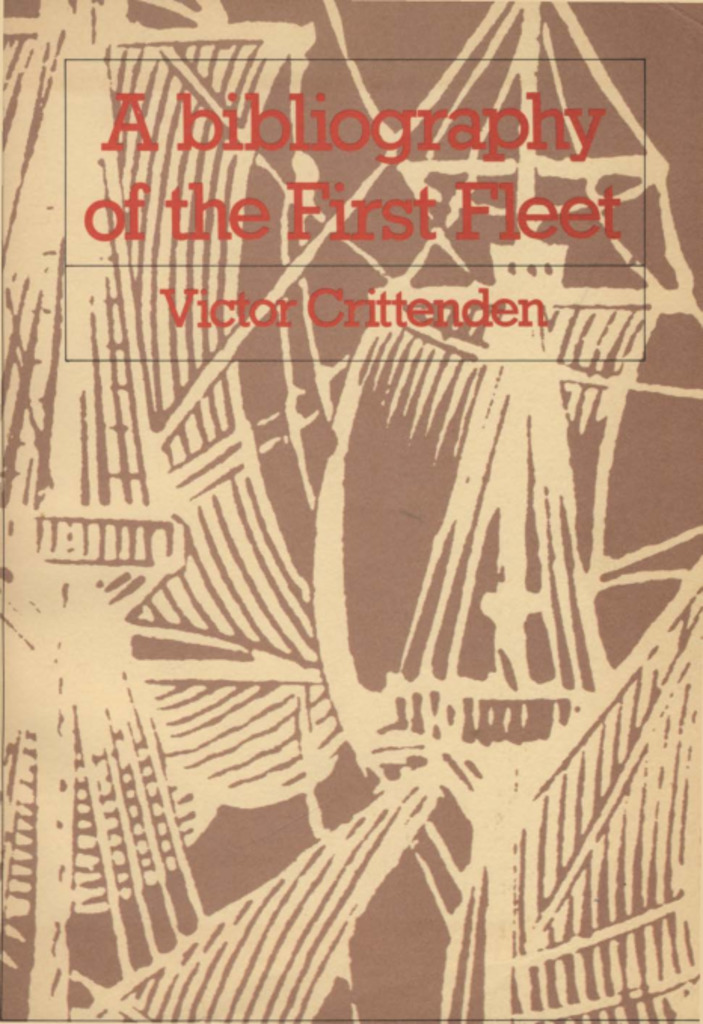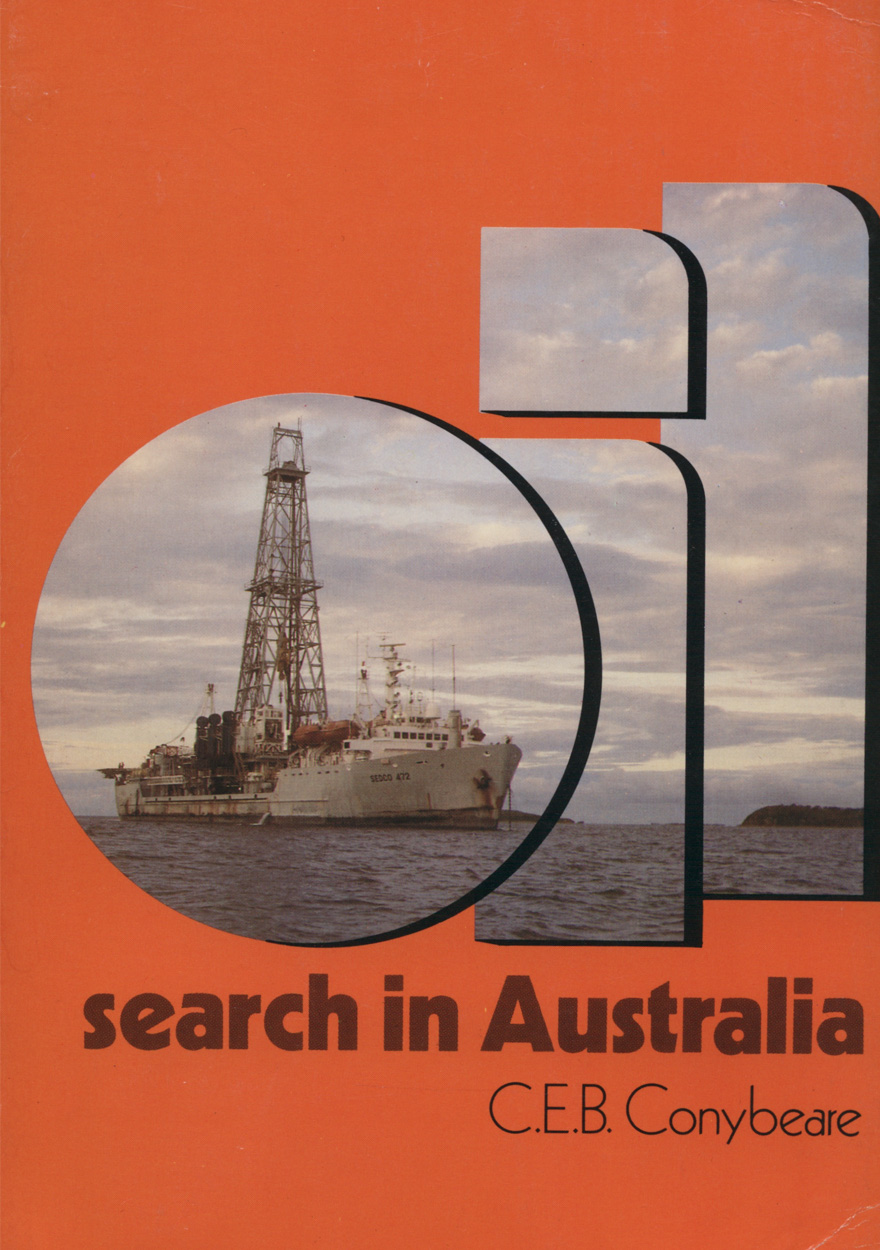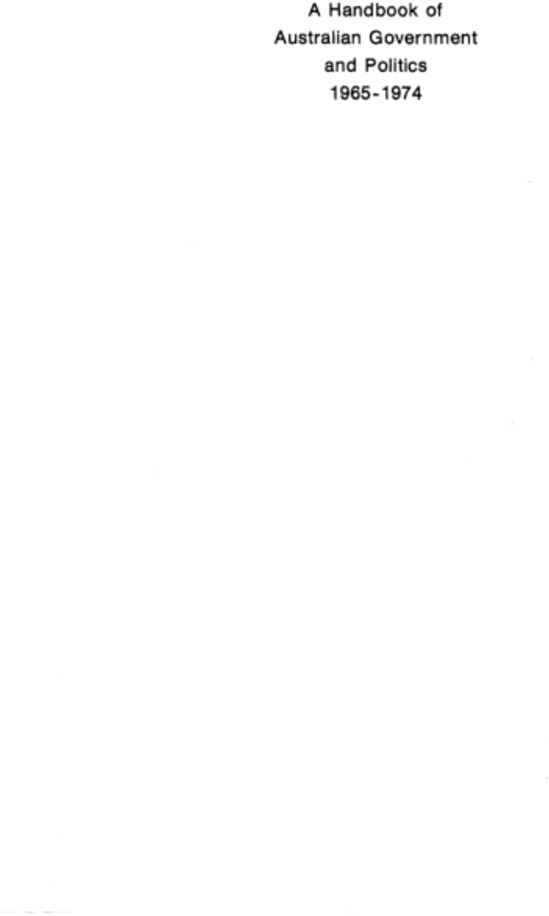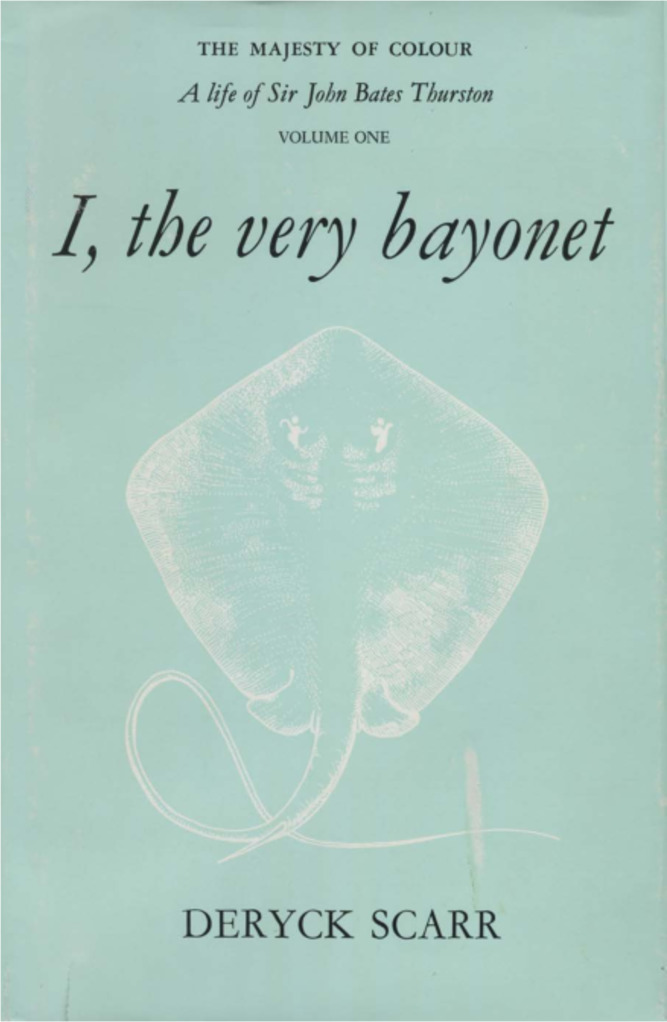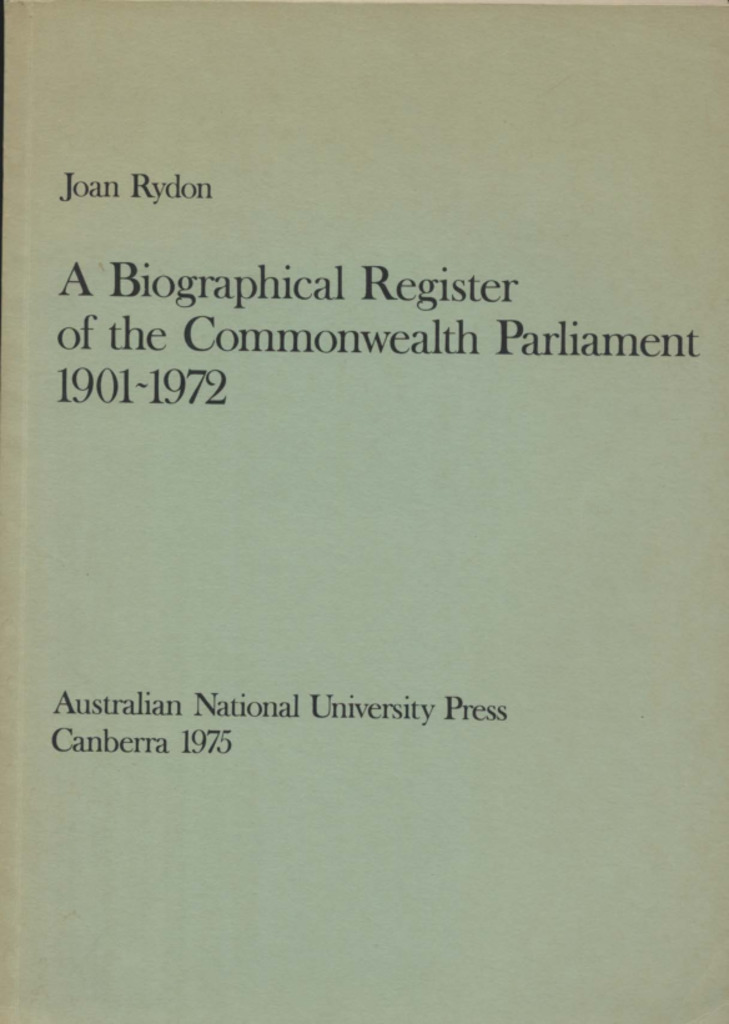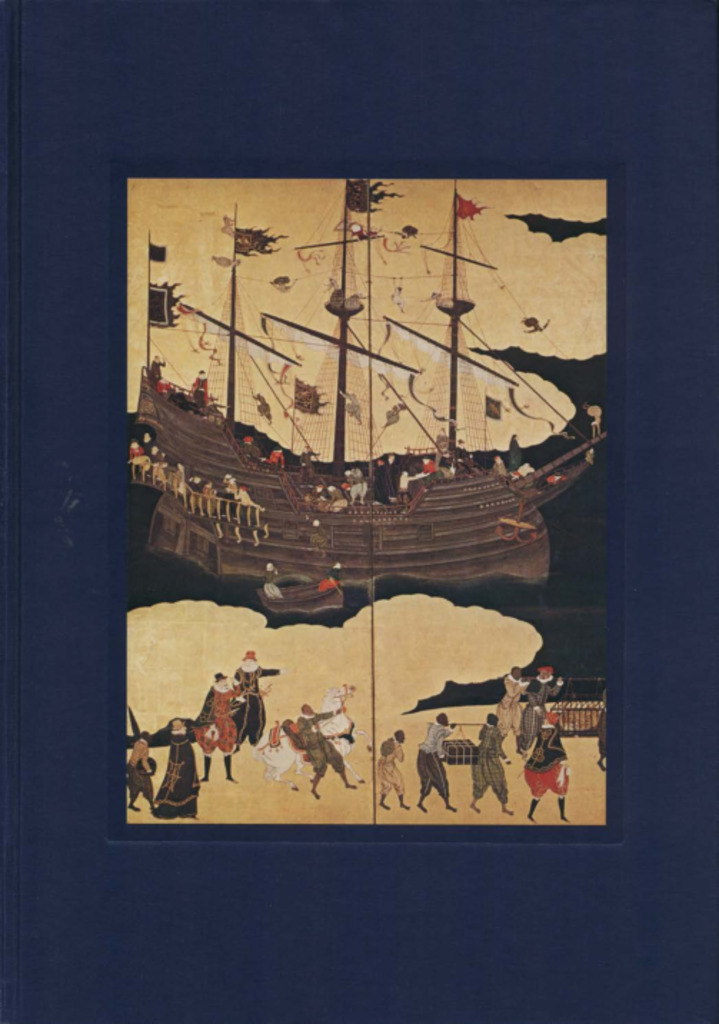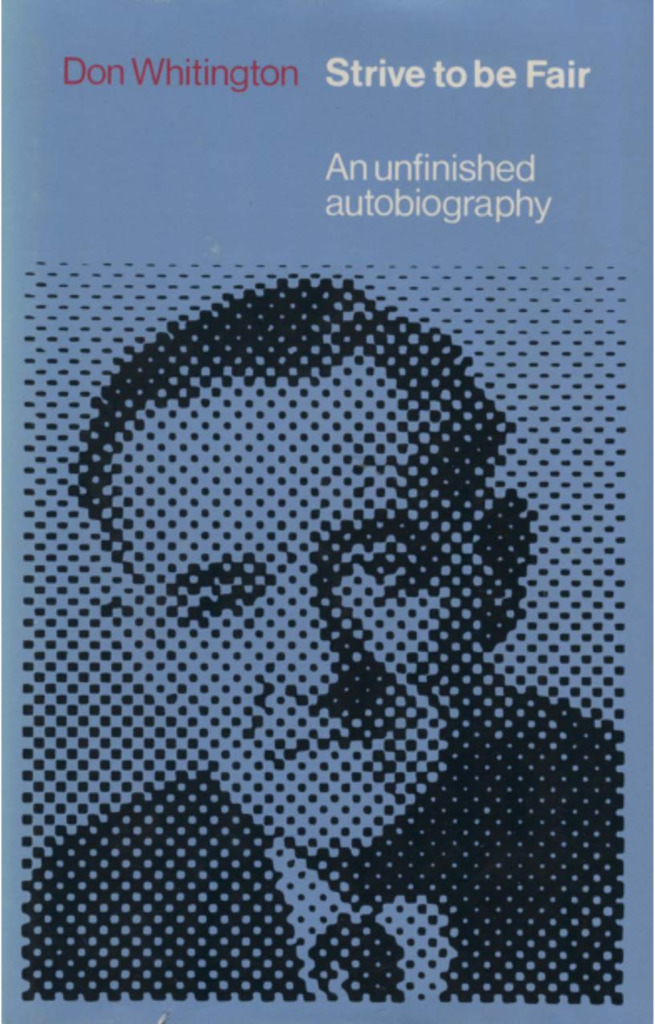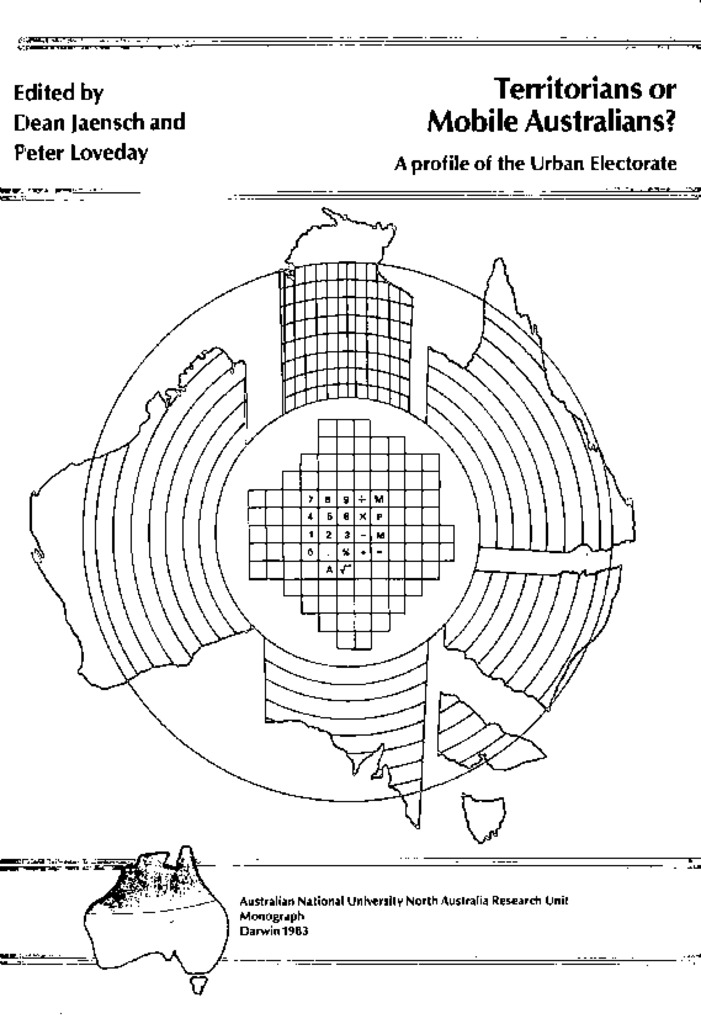Publication date: 2025
At the end of the first world war the Northern Territory contained less than 4,000 whites and a larger, but uncounted, population of Aborigines. The non-Aboriginal population remained small throughout the 1920s and 1930s, and at the time of the 1947 Census it had not quite reached 11,000. Rapid growth came in the 1960s, and vas marked by successive Censuses: 44,500 in 1961 (Aboriginals were counted for the first time), 56,500 in 1966, 85,700 in 1971, 98,200 in 1976, and 122,800 in 1981. If this steady growth continues, the Territory's population will have begun to match that of the slowly-qrowing Tasmania some time in the middle of the coming century. Long before then it will have become a considerable force in national politics. For the Territory is politically distinctive. One in every four Territorians is an Aborigine, a proportion vastly greater than in any Australian State. only a small proportion of the white population was born in the Territory, and most of its immigrants are very recent indeed. The Territory's citizens have political concerns which the citizens of the States were last preoccupied with a century ago: the building of railways and of roads, isolation, the lack of educational facilities for their children, the provision of water-supplies, and the other imperatives of a frontier society in an often harsh environment. Such a society is worth studying tor its own sake. But in addition it provides a fascinating contrast with more settled societies, which have been the source of most of the 'findings' of the social sciences. A rapidly growing society made up of a diversity of immigrants can offer its citizens few of the community structures and support systems that abound in older, established societies. If a person's political stance comes to some extent from his social milieu, what happens when people leave these milieux and go to a town where no political tradition of any consequence exists and where colleagues and neighbours have made similar departures? How much of anyone's political outlook is portable, how much relates to a particular environment? The authors of this well-designed study show that much is indeed portable. The Territory's party system is clearly a member of the family of Australian party systems, with the ALP facing a fusion of the Liberal and National Country Parties, here labelled the Country Liberal Party. And party allegiances formed elsewhere can be transferred to Territory politics with a minimum of refurbishing. But - and it is an important saver - there is no inevitability about the transfer. The smaller size of the constituencies, the intimacy of life in what are small towns, the practical roads-and-bridges focus of much politicking, the lack of a powerful union movement, the high level of government employment - all these factors operate to subdue the socio- economic ambience in which Australian political life customarily takes place. New arrivals are able either to reconsider their politics or to operate politically in different ways at the Federal level and at the Territory level. To study these processes in any detail requires the chief instrument of the modern social scientist, the sample survey, as well as the patience and dedication necessary if survey research techniques are to be used at all. The Northern Territory survey that is at the heart of this book was designed both to bring Territorians under scrutiny and also to allow comparisons with Australians in the rest of the nation. It has served its purpose well, and the authors and editors have been able to produce a book that provides new insights on the political behaviour of all Australians, not simply those adventurous citizens that have chosen to live and work in the Northern Territory.
